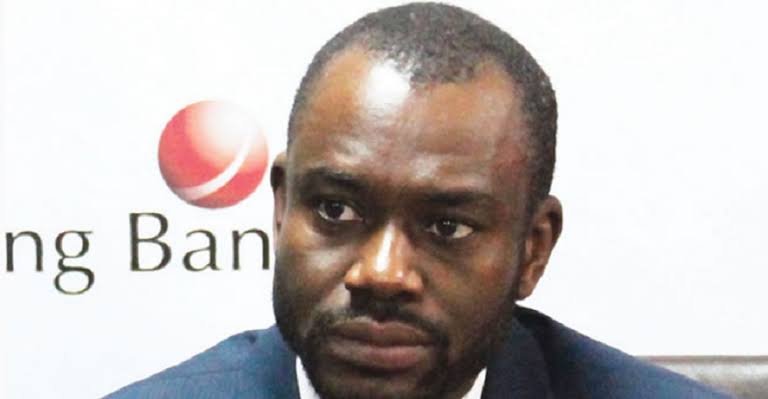Sterling Bank shareholders lost a significant part of their investment in the lender last year, resulting from the creditor’s struggle to attract bullish (optimistic) investors to its stock.
The diminished investment was occasioned by investors being pessimistic about Sterling Bank’s growth, hence, deserting the bank’s share in the capital market.
This negative sentiment birthed a bearish run that saw the creditor’s stock devalue by 28.57 percent within twelve months after the capital market priced the equity low from January’s N2.10kobo down to N1.50kobo in December last year.
IgbereTV analysis showed the dip represented a total loss of N14.97 billion in the total investment of shareholders, which fell to N45.48 billion at the end of December 31, 2021, against the N60.45 billion held January 1 of same year.
Although, the price of Sterling bank share was up at N1.58kobo as of January 20, 2022, above end of last year’s N1.50kobo per share, but the lender needs more than 5.3 percent year-to-date growth.

